Disclosure: This article contains affiliate links. We may earn a commission from purchases at no extra cost to you, which helps our travel content.
The morning light filters through the jacaranda trees as I sip my cortado at a corner café in Güemes, watching Córdoba awaken. This isn't the Córdoba most tourists see—the one of grand colonial churches and historic universities. This is the beating artistic heart of Argentina's second city, where every wall tells a story and neighborhoods transform themselves through color and creativity. As someone who's spent years seeking the authentic pulse of urban spaces from Mexico City to Prague, I've found something uniquely captivating in Córdoba's alternative scene—a perfect blend of rebellion, remembrance, and renewal.
Güemes: The Bohemian Soul of Córdoba
Güemes wasn't always the artistic enclave it is today. Just a decade ago, this neighborhood was largely overlooked, its colonial-era buildings slowly crumbling into disrepair. Now it pulses with creative energy that reminds me of Mexico City's Roma Norte, though with a distinctly Cordobés flavor.
The transformation begins at Paseo de las Artes, where weekend artisan markets spill into surrounding streets. But venture beyond this tourist-friendly zone to discover the neighborhood's true character. Down Belgrano street, past weathered facades painted in sunset hues, you'll find independent galleries, vintage clothing shops, and the kind of small-batch coffee roasters that would make any Winnipeg hipster feel at home.
I spent my first evening here wandering with my pocket sketchbook, capturing quick impressions of the street scenes. The light here is different—softer somehow, more golden—and perfect for urban sketching. Local artists have embraced this quality too, evident in the murals that transform ordinary walls into extraordinary canvases.
For dinner, skip the tourist traps and head to El Papagayo, where Chef Javier Rodríguez creates dishes that are as visually striking as the neighborhood itself. The restaurant embodies Güemes' philosophy: respectful of tradition while boldly innovative.
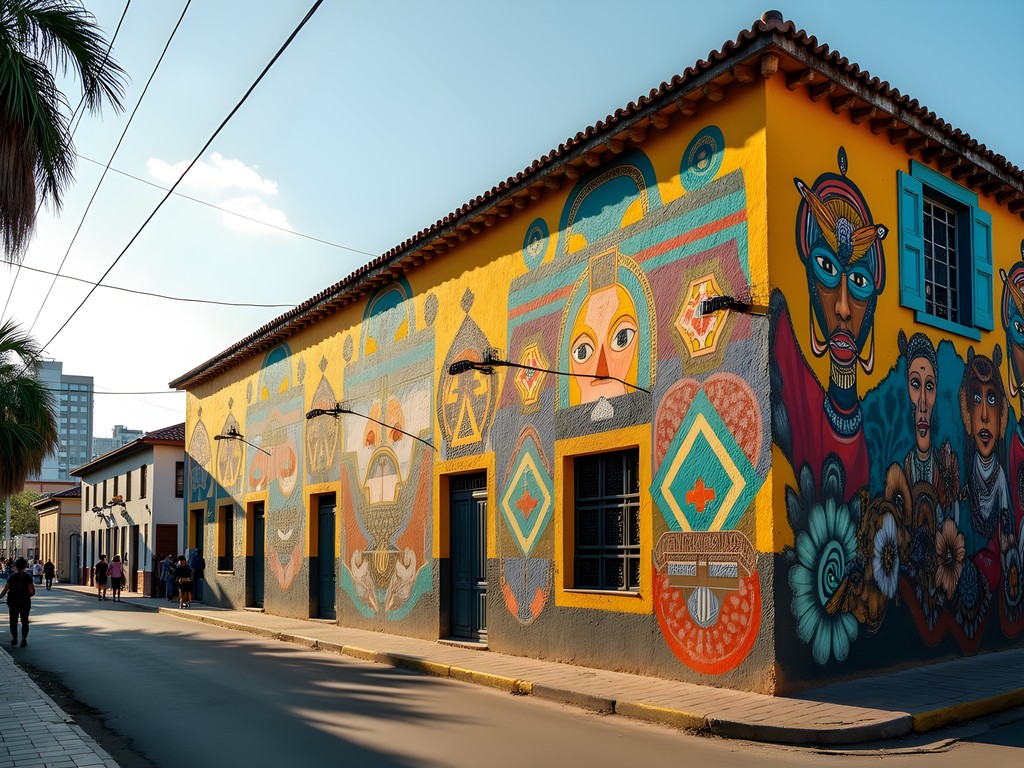
💡 Pro Tips
- Visit the Paseo de las Artes market on weekend afternoons, but arrive early (around 4pm) before the crowds
- Many of the best street art pieces are found on side streets—don't be afraid to wander
- Bring cash for small independent shops and street food vendors
Alberdi: Where Cultures Converge
Cross the Suquía River to the northwest, and you'll find yourself in Alberdi—a neighborhood that feels worlds away from the colonial center. Here, Córdoba's Peruvian, Bolivian, and Paraguayan communities have created a vibrant cultural mosaic that reminds me of the diverse neighborhoods I've explored in my travels.
My exploration of Alberdi began at Mercado Norte, where the sensory experience is overwhelming in the best possible way. Vendors call out their offerings in a melodic blend of Spanish and indigenous languages, while the aromas of street food—from Peruvian anticuchos to Bolivian salteñas—fill the air. I've found that markets are always the true heart of a neighborhood, revealing more about local life than any guidebook ever could.
The street art in Alberdi tells migration stories—tales of journey, belonging, and cultural pride. Many murals incorporate indigenous Andean symbolism, creating a visual dialogue between ancestral traditions and contemporary urban life. This resonates deeply with my own journey of reconnecting with my Métis heritage while navigating modern spaces.
For exploring these vibrant but sometimes overlooked neighborhoods, I rely on my collapsible water bottle to stay hydrated while reducing plastic waste. The afternoons can get warm here, even in spring, and having water on hand means you can wander longer without needing to stop.
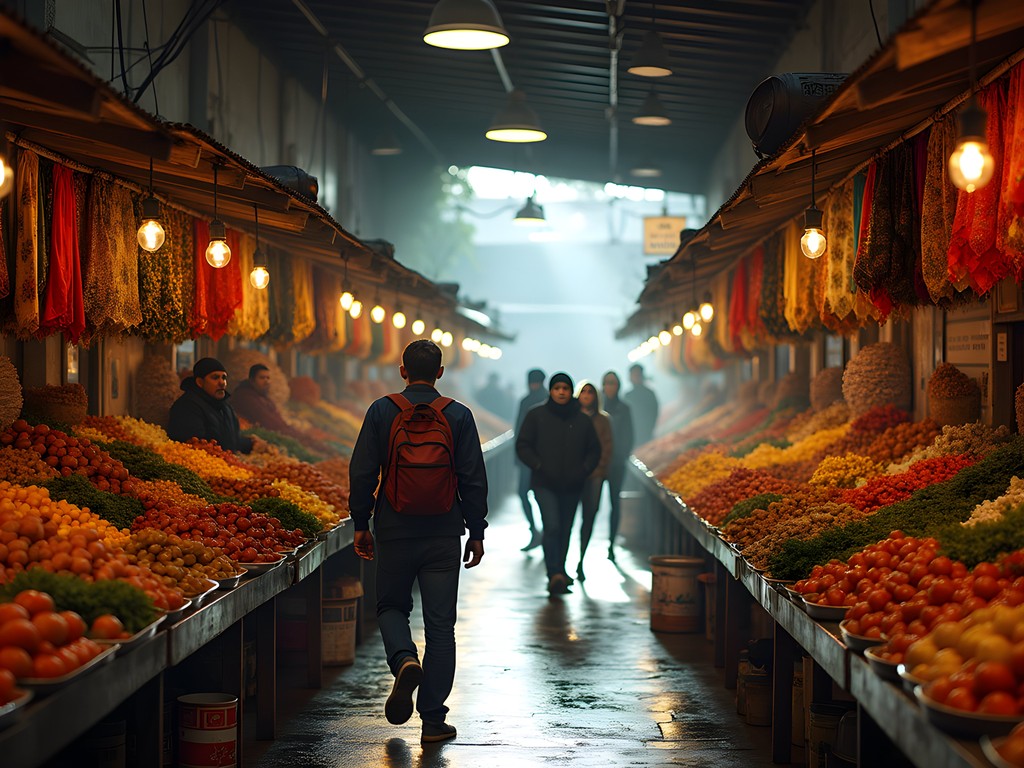
💡 Pro Tips
- Visit Mercado Norte in the morning when it's most active and before the afternoon heat
- Look for community centers where local immigrant groups host cultural events and festivals
- Try the Peruvian ceviche at El Sabor del Norte—it's as authentic as you'll find outside of Lima
Nueva Córdoba: Where History Meets Modernity
While technically one of the more established areas of the city, Nueva Córdoba has sections that have become incubators for alternative culture and street art. This neighborhood offers a fascinating study in contrasts—historic buildings alongside modern high-rises, traditional plazas next to experimental art spaces.
The area surrounding the Universidad Nacional de Córdoba buzzes with youthful energy. Here, student activism has a long history, and the walls themselves become canvases for political expression. Walking these streets reminds me of Prague's post-revolution art scene, where creativity and civic engagement intertwined.
Parque Sarmiento provides a green respite from urban exploration. Early mornings here are magical—locals practice tai chi, runners circle the lake, and mate drinkers gather on benches. I found it to be the perfect spot for morning meditation, connecting with the rhythms of the city before diving back into its colorful chaos.
For capturing these fleeting moments between exploration, I've been using my instant camera. There's something about the immediacy of instant photography that suits street art documentation—both are about capturing ephemeral beauty in physical form. Plus, giving prints to local artists and shop owners has opened doors to conversations I might otherwise have missed.
When evening falls, head to Barrio Abasto on the neighborhood's edge, where abandoned warehouses have been transformed into music venues and art spaces. Peña El Abrojo hosts folk music nights that blend traditional Argentinian rhythms with contemporary influences—a perfect metaphor for Córdoba itself.
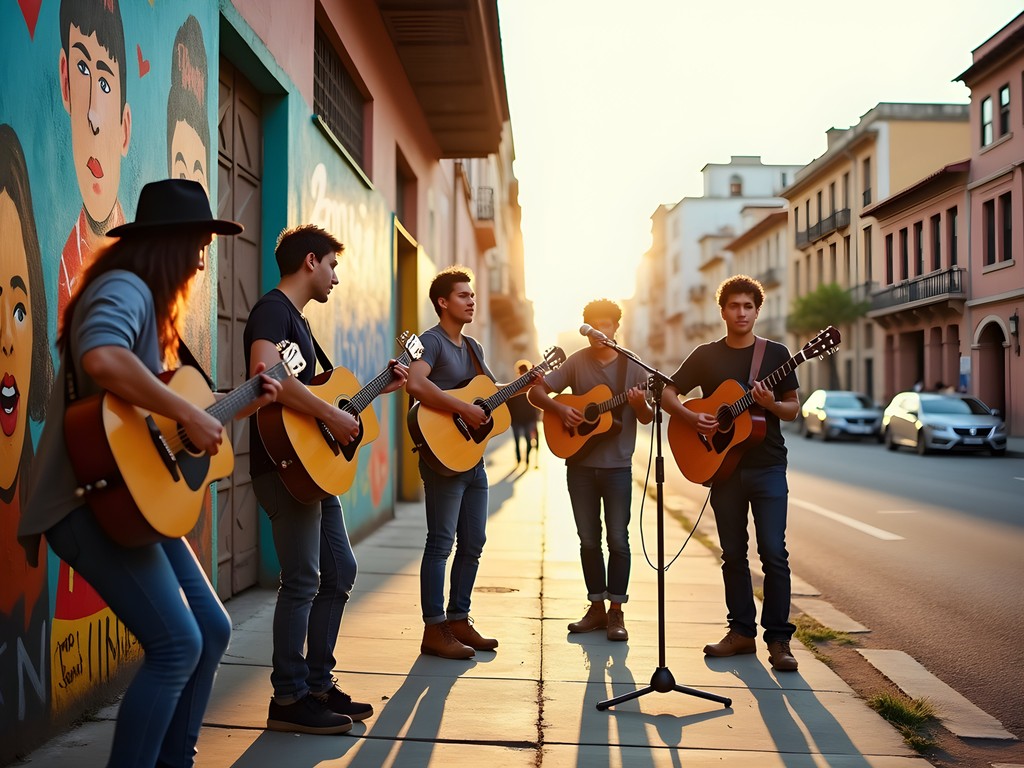
💡 Pro Tips
- Visit the university area during term time to experience its full vibrancy
- Street art tours run by local artists offer insights you won't get wandering alone—check bulletin boards at cafés for information
- The best views of the city are from the hills near Parque Sarmiento at sunset
San Vicente: The Emerging Canvas
If you want to witness a neighborhood in transition, San Vicente should be your destination. Located east of the center, this working-class barrio has become Córdoba's newest frontier for street art and community-led revitalization.
The transformation is most visible along Agustín Garzón street, where local collective Arte en San Vicente has coordinated massive murals that celebrate the neighborhood's working-class history. What strikes me most about these pieces is how they honor labor and community resilience—themes that resonate across cultures but are expressed here with distinctly Argentinian sensibility.
Unlike the more established art districts, San Vicente feels raw and authentic. Gentrification hasn't fully taken hold, creating a fascinating moment where artists, longtime residents, and new businesses negotiate shared space. It reminds me of conversations I've had with Indigenous communities about development and preservation—finding that delicate balance between progress and protecting cultural roots.
For exploring neighborhoods in transition like San Vicente, comfortable footwear is essential. My lightweight walking shoes have been perfect for Córdoba's cobblestone streets and uneven sidewalks. They're breathable enough for warm spring days but supportive enough for hours of urban exploration.
Don't miss La Fábrica Cultural, an abandoned factory transformed into a multidisciplinary art space. On weekend evenings, it hosts everything from experimental theater to electronic music nights, bringing together diverse crowds from across the city.
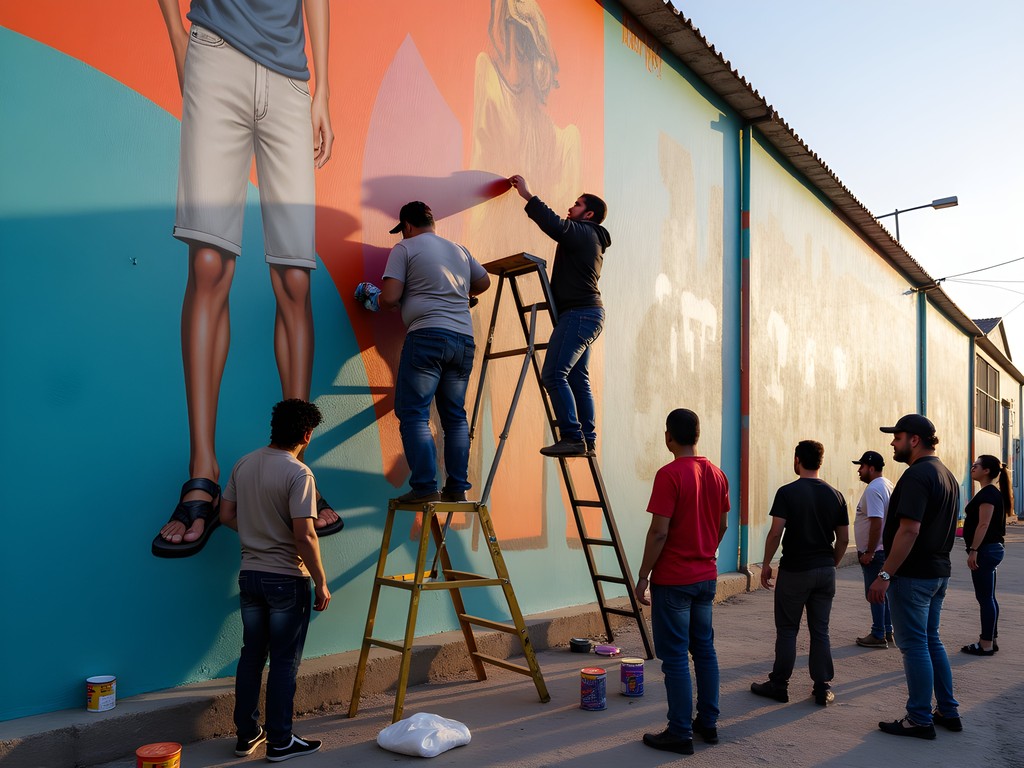
💡 Pro Tips
- Visit the San Vicente neighborhood during daylight hours if you're unfamiliar with the area
- The best street art is concentrated along Agustín Garzón and Corrientes streets
- Support local businesses like Café Colectivo, which doubles as an art gallery showcasing neighborhood artists
Navigating Córdoba's Street Art Festival Scene
Timing your visit to coincide with one of Córdoba's street art festivals can transform your experience from observation to participation. Unlike the commercialized art events I've attended in larger cities, Córdoba's festivals retain a grassroots, community-focused energy that feels refreshingly authentic.
The annual Mercado de Arte Contemporáneo (MAC) in September brings established and emerging artists together, while smaller neighborhood-specific events happen throughout the spring months. During my visit, I was fortunate to catch the Festival de Intervenciones Urbanas in Güemes, where I watched artists transform blank walls into stories over the course of a weekend.
What makes these festivals special is their inclusivity. Many offer workshops where visitors can learn techniques from local artists—everything from stencil making to large-scale mural planning. I spent an afternoon learning about natural pigments from an artist who incorporates indigenous color-making traditions into contemporary street art, a beautiful bridge between ancestral knowledge and modern expression.
For documenting these experiences, I've found my smartphone gimbal invaluable. The ability to capture smooth video while walking through these dynamic environments helps me create more immersive records of these ephemeral art moments.
Beyond the visual arts, these festivals often incorporate music, performance, and food—creating multi-sensory celebrations of neighborhood identity. Even if you don't speak Spanish, the universal language of creativity makes these events accessible and meaningful.
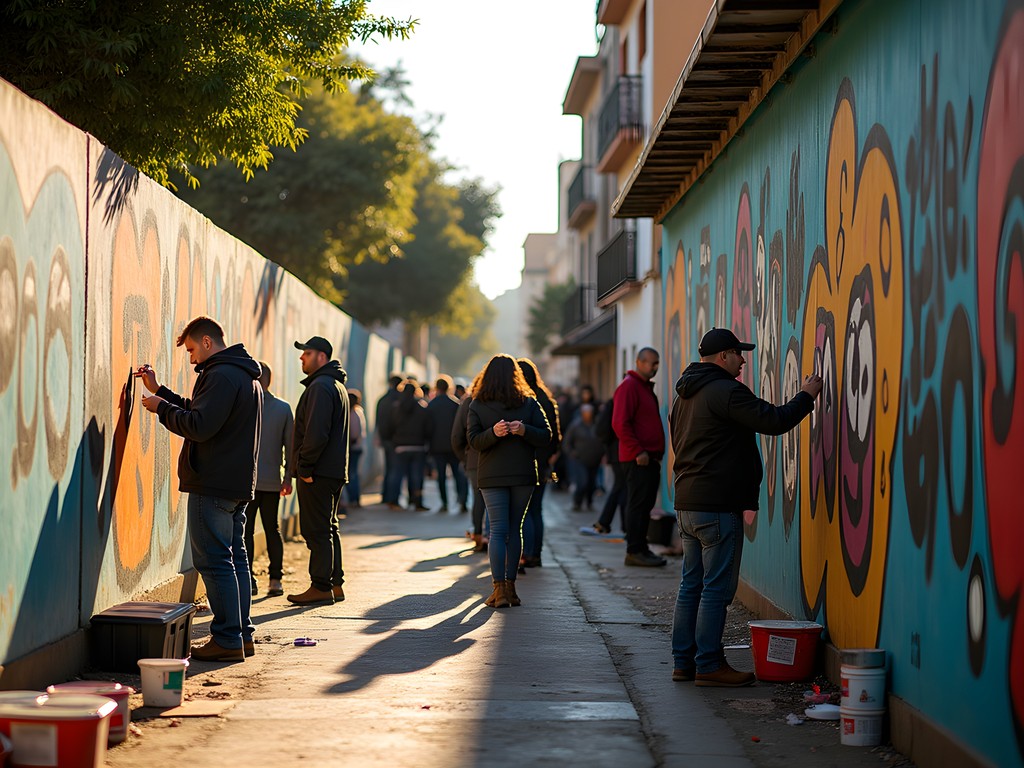
💡 Pro Tips
- Check social media accounts like @cordobastreetart for up-to-date information on festivals and events
- Bring small denominations of cash for purchasing work directly from artists
- Most festivals are free, but workshops may require advance registration
Final Thoughts
As my weekend in Córdoba draws to a close, I find myself sitting on a bench in Plaza España, reflecting on the stories these neighborhoods have shared with me. Beyond the guidebook attractions—the Jesuit Block, the Cathedral, the museums—lies a Córdoba of creative resistance and cultural renaissance, told in spray paint and community gatherings.
What strikes me most is how these alternative spaces echo patterns I've witnessed globally while maintaining a distinctly Cordobés identity. Like my own journey of cultural reconnection, these neighborhoods balance honoring their roots while embracing transformation.
The next time someone tells you Córdoba is just a historical stopover between Buenos Aires and Mendoza, smile knowingly. Then direct them to Güemes at sunset, to San Vicente on a Saturday morning, to Alberdi's market when the vendors are calling out their wares. Tell them to look beyond the colonial facades to the stories written on the walls—stories that continue to unfold in vibrant color with each passing day.
Until next time, may your travels take you beyond the guidebooks to the beating hearts of the cities you visit.
✨ Key Takeaways
- Córdoba's alternative neighborhoods offer authentic cultural experiences beyond the typical tourist attractions
- Street art in Córdoba isn't just decorative—it tells stories of political resistance, cultural identity, and neighborhood transformation
- Timing your visit to coincide with local art festivals provides deeper engagement with the creative community
📋 Practical Information
Best Time to Visit
Spring (September to November)
Budget Estimate
$30-50 USD per day excluding accommodation
Recommended Duration
2-3 days
Difficulty Level
Easy

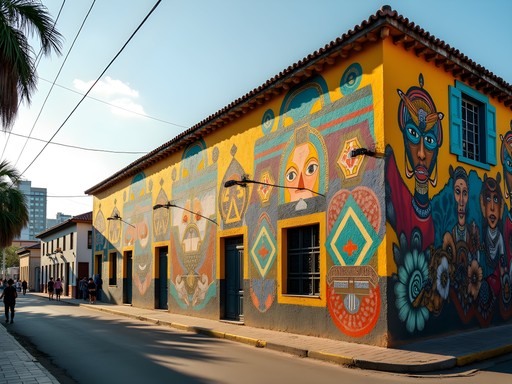

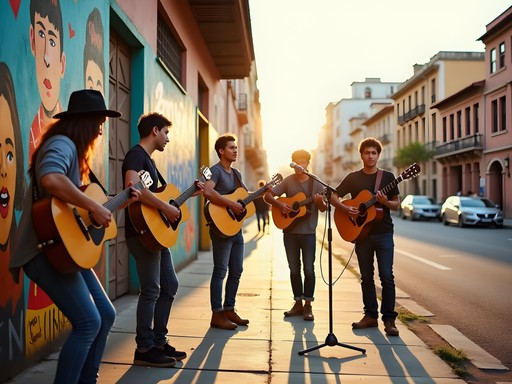
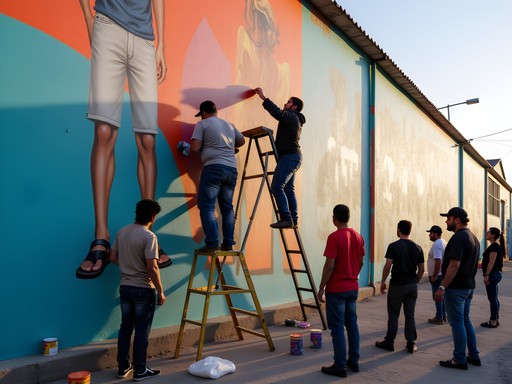
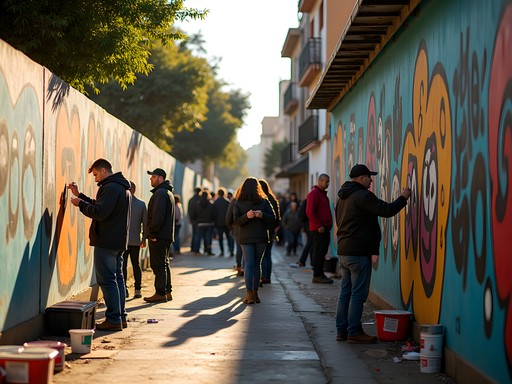


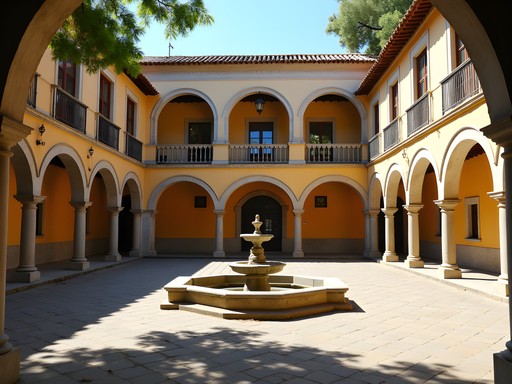
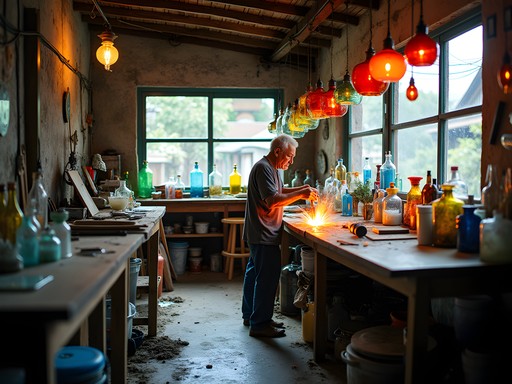
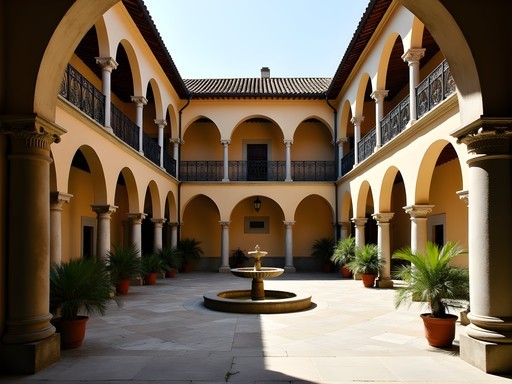
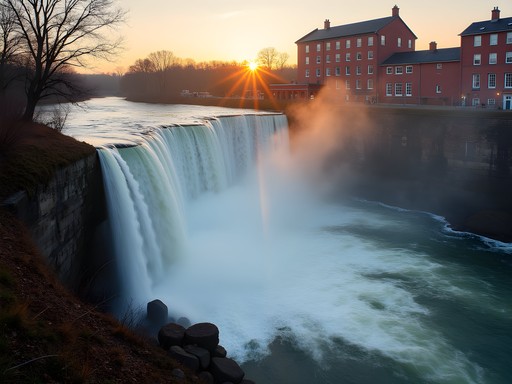
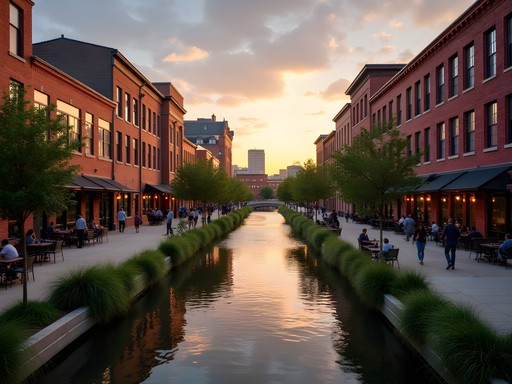
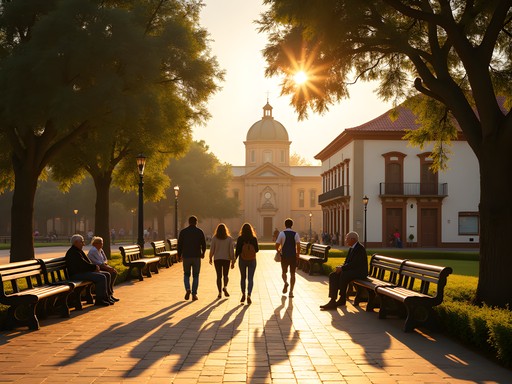

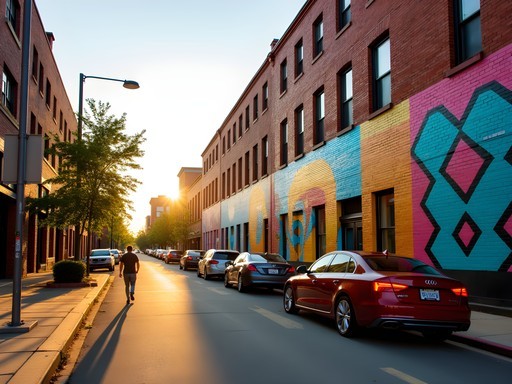
Comments
Sarah Powell
Really appreciate this perspective on Córdoba. I visited for 5 days last year and noticed the same pattern - most travelers rush through to see the Jesuit Block and move on. What struck me most was how each neighborhood has maintained its distinct identity despite gentrification pressures. Nueva Córdoba especially seems to be finding that balance between preserving character and evolving. One practical tip for anyone planning to explore: the local buses are incredibly efficient and cheap for getting between these areas. I grabbed a SUBE card at a kiosk and it made hopping around so easy. The street art in Alberdi changes constantly too, so every visit offers something new.
luckystar
Love seeing posts about the real Córdoba!
happywalker
Beautiful! Adding this to my list
Savannah Walker
Donald, this captures Córdoba so perfectly! I spent two weeks there last fall and completely agree that most travelers miss these gems. Alberdi stole my heart - there's this incredible energy where you can see the old Italian immigrant influence mixing with modern Argentine culture. I met this local artist who gave me an impromptu tour of the neighborhood murals and told me the stories behind them. That personal connection made all the difference. The food scene in these barrios is also unreal. Way better than the touristy spots near the cathedral.
happywalker
Any specific restaurant recommendations?
Savannah Walker
Try El Papagayo in Güemes for empanadas - seriously the best I had in Argentina!
explorephotographer
San Vicente is incredible for murals right now
roamone
This looks awesome! Quick question - how safe are these neighborhoods for walking around with a camera during the day? I really want to photograph the street art but always a bit nervous in new cities. Also, is it easy to get between the different barrios you mentioned?
Savannah Walker
I felt totally safe during the day in all these areas! Just use common sense like anywhere. The neighborhoods are pretty close together, easy walking or quick bus ride.
exploreseeker
Great photos! Going there in March
wanderlustmood
OMG yes!! I was in Córdoba last year and totally fell in love with Güemes. The street art is insane and nobody talks about it! We stumbled on this amazing little café called Mandarina and the vibe was just perfect. Spent like 3 hours there just people watching. Did you get to check out the weekend feria in the plaza? So many cool local artists selling their stuff. Definitely going back someday!
exploreseeker
Which plaza has the weekend market?
wanderlustmood
Plaza Belgrano! It's on Saturdays, starts around 10am I think
travellife
Really appreciate this alternative look at Córdoba! We're planning a trip through Argentina next year and I was on the fence about including Córdoba in our itinerary, but this convinced me. How many days would you recommend to properly explore these neighborhoods? Is it walkable between them or better to use public transport?
Donald Martin
I'd recommend at least 3 days to do these neighborhoods justice. Güemes and Nueva Córdoba are walkable from the center, but for Alberdi and San Vicente, the local buses are frequent and easy to use. The Córdoba bus app is super helpful for navigating!
Haley Hamilton
I spent a month in Córdoba last year and completely fell in love with Güemes! The weekend artisan market was the highlight of my stay - I picked up the most beautiful handmade leather journal that I've been using for all my travel notes since. There's this tiny empanada shop on the corner of Belgrano and Achával Rodríguez that doesn't look like much but serves the best empanadas I had in all of Argentina. The owner, Carlos, will talk your ear off about local politics if you let him! One tip I'd add for anyone visiting - take the bus #27 out to Parque de las Naciones at sunset. The locals gather there for mate and the view of the city lights coming on is spectacular. I carried my travel hammock and strung it between trees to enjoy the evening. Pure magic!
travellife
That empanada tip is gold! Adding it to my list for when I visit in October.
Haley Hamilton
You won't regret it! Just be prepared for a wait on weekends - everyone in the neighborhood knows about it!
Venture X
Premium card with 2X miles, $300 travel credit, Priority Pass